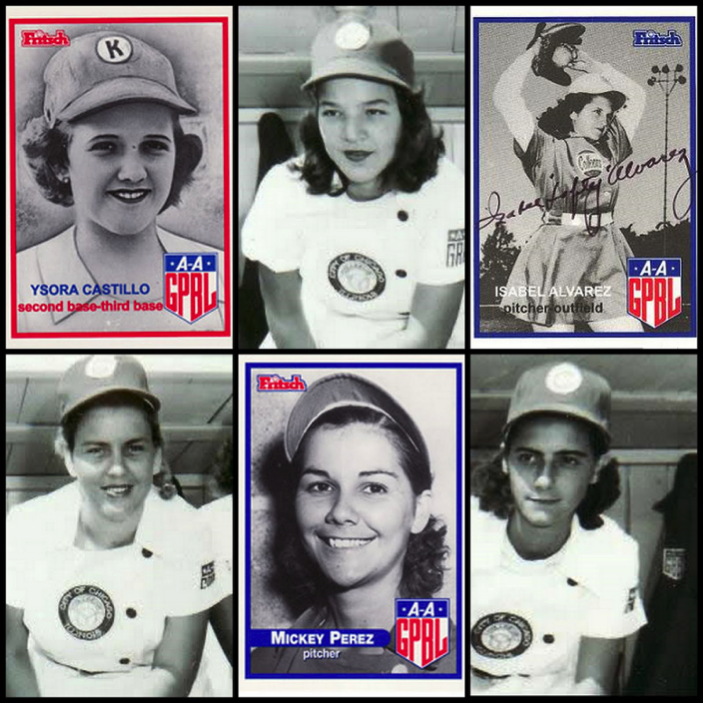“Cuban Babe (Ruth): The Story of Seven Cubana Women in Professional Baseball”, written by Andrew McGregor, is a thorough analysis of Cuban women playing professional baseball during and after World War II. The All-American Girls Professional Baseball League or also known as the(AAGPBL) was created because “a women’s baseball league would be an excellent temporary replacement to men’s baseball, by also keeping stadiums occupied and fervent fan interest in America’s game.” I knew that World War II had a drastic effect on the male population in the United States, but I had not really thought about the effect it would have on professional sports during the conflict. McGregor states, “This idea came as a response to the ever-growing amount of MLB players leaving the league, enlisting in various branches of the armed forces, and depleting the league of young, able-bodied, athletic talent.”
I was also surprised that many people wanted to keep this league a “lighter skin complexion”, making it difficult for anyone that wasn’t white to succeed. I knew racism and sexism was a major problem during the mid 20th century, but I did not know that it was evident in women’s sports as well. However, a small group of Cuban women were accepted into the league, even revered for their athletic abilities. Another interesting point McGregor states is, “Though the AAGPBL did marginalize women of color, the league did mark a turning point for the publicity and marketability of women in sport. Roughly two decades following the last season of the AAGPBL, women in sport gained momentum through the passage of Title IX.” The AAGPBL was a massive stepping stone for professional women’s sports.
McGregor uses primary sources very effectively to show the attitudes surrounding the league during the mid 20th century. An example of this is provided, showing the difficulties Latina women had while playing in the league. Perhaps the most notable and difficult challenge was the language barrier. In 1948, prior to any fellow Cuban women joining her, seventeen-year-old Mirta Marrero had immense difficulty communicating with her Chicago Colleen teammates. She recalls, “I cried a lot because the American girls couldn’t understand me and I couldn’t understand them. I had a hard time.” I thought he could have provided more information about the origins of the female Cubana players, but regardless it was well written and immensely informational.
